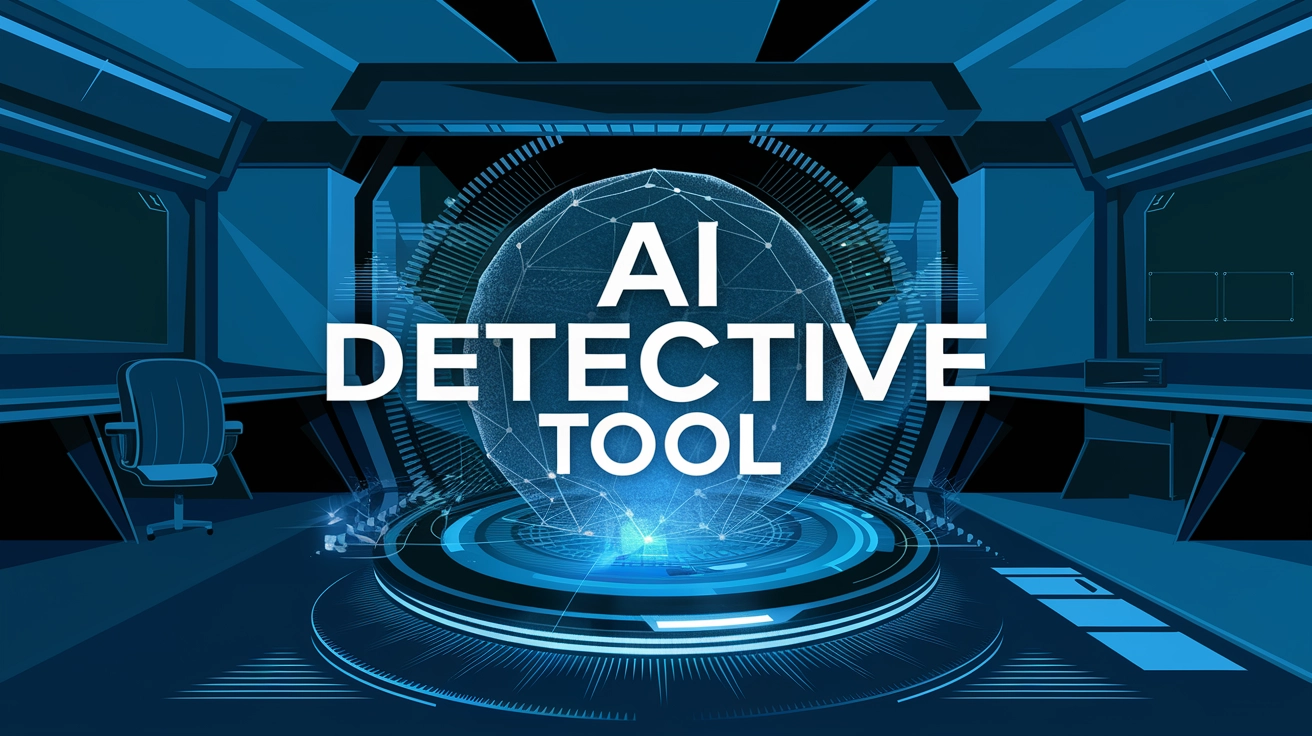AI Tool Accelerates Police Detective Work

Introduction to AI in Law Enforcement
Recent trials conducted by Avon and Somerset Police have demonstrated the power of artificial intelligence (AI) tools in solving intricate cold cases. The Soze AI tool, developed in Australia, is capable of performing the equivalent of 81 years of detective work in just 30 hours, fundamentally changing how investigations can be conducted.
The Capabilities of the Soze Tool
The Soze tool utilizes its advanced algorithms to simultaneously analyze a multitude of evidence types, including video footage, financial transactions, social media interactions, emails, and various documents. This AI integration provides significant advantages in identifying leads that might have been overlooked during traditional investigative processes.
Results from the Trial
In a recent evaluation, Soze reviewed evidential materials from 27 complex cases in a fraction of the time it would have taken human detectives. Gavin Stephens, chair of the National Police Chiefs’ Council, noted that the tool could be immensely beneficial in reopening some of the country’s oldest and most notorious unsolved cases, stating, “You might have a cold case review that just looks impossible because of the amount of material there…”
Context of Current Police Challenges
This development comes at a time when the UK’s Metropolitan Police is experiencing resource challenges, with fewer officers dedicated to cold case investigations. The efficiency gained from using the Soze tool could provide vital assistance in cases where traditional methods have made little progress.
Additional AI Innovations in Policing
Apart from the Soze tool, police chiefs indicated that there are many other groundbreaking AI-driven programs poised to be implemented across the UK. This includes initiatives aimed at creating a national database of knives to enhance retail pressure and a system designed to improve call handling for domestic abuse victims.
Potential Impact of AI on Policing
If adopted widely, the integration of such technologies could yield substantial productivity gains. Stephens suggested that if all 64 proposed AI initiatives were successfully implemented across England and Wales, it could release about 15 million hours of police productivity for more focus on critical tasks like investigations and emergency responses.
The Role of Human Oversight in AI Use
Despite these promising advancements, police officials stress that AI tools should not replace human officers. Human judgment will continue to play an integral role in the final decision-making processes of investigations. As stated by Mr. Stephens, “This isn’t handing over our responsibilities to technology, but what the technology is helping us to do better.”
Public Comfort and Ethical Considerations
While the potential of AI tools in law enforcement is vast, police chiefs are mindful of public perceptions and the necessity for ethical implementation. The notion that AI can assist but not entirely dictate police work resonates as a critical consideration moving forward.
Conclusion: A New Era in Investigative Practices
As AI technologies like the Soze tool continue to evolve, their integration into police practices presents a unique opportunity to transform cold case investigations and enhance operational efficiency. However, balancing technological advancements with public trust and ethical guidelines will be vital in this new era of policing.